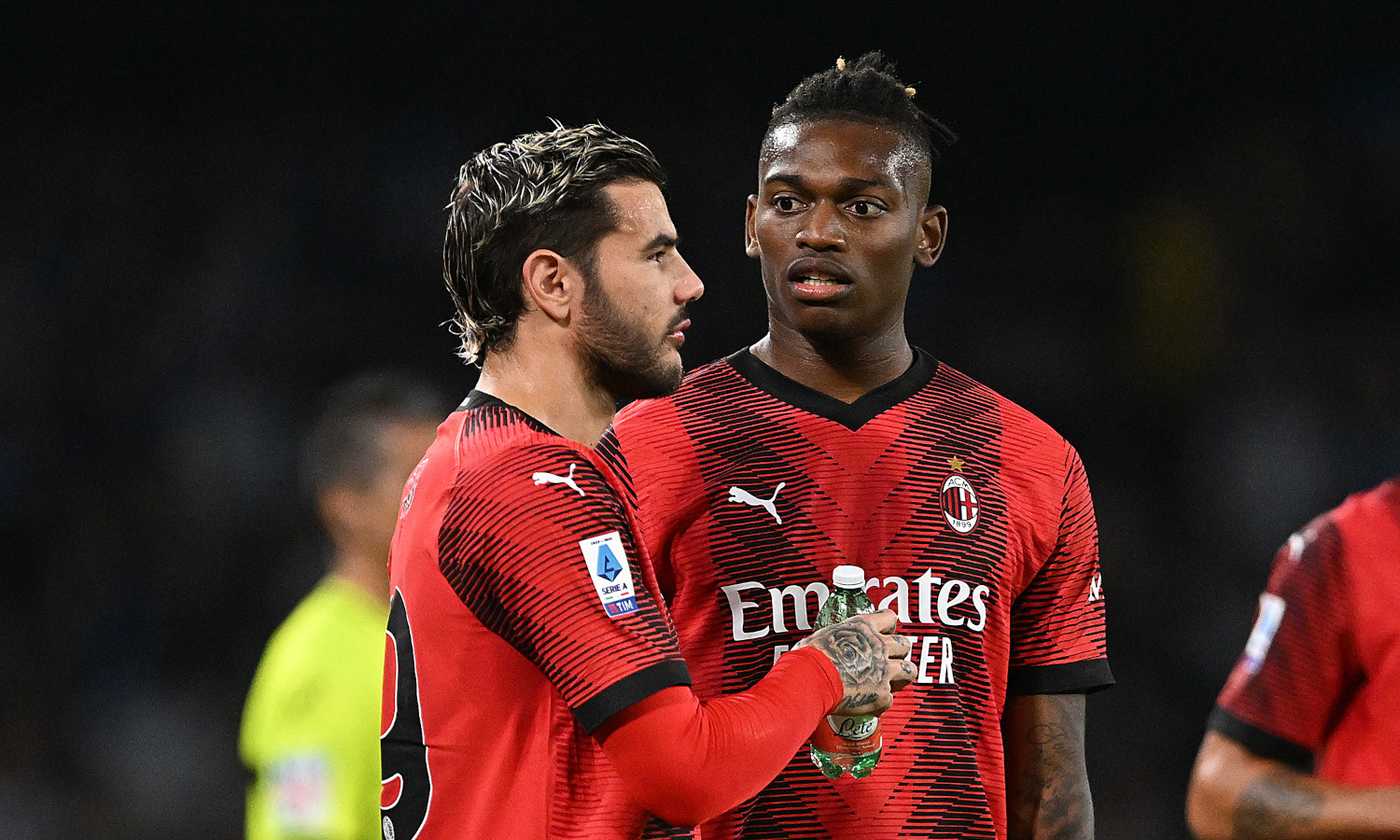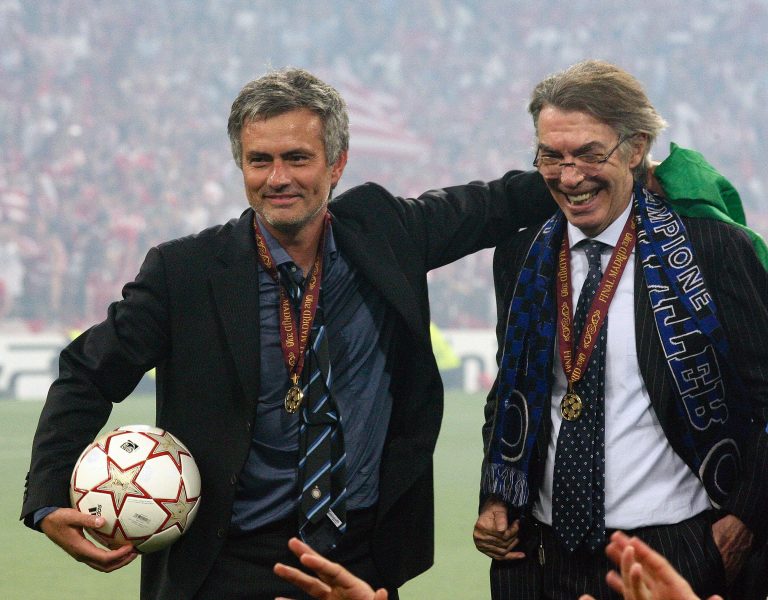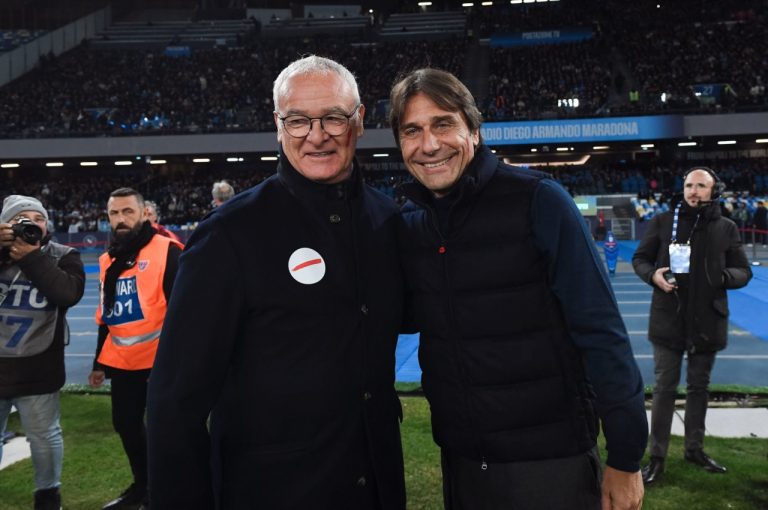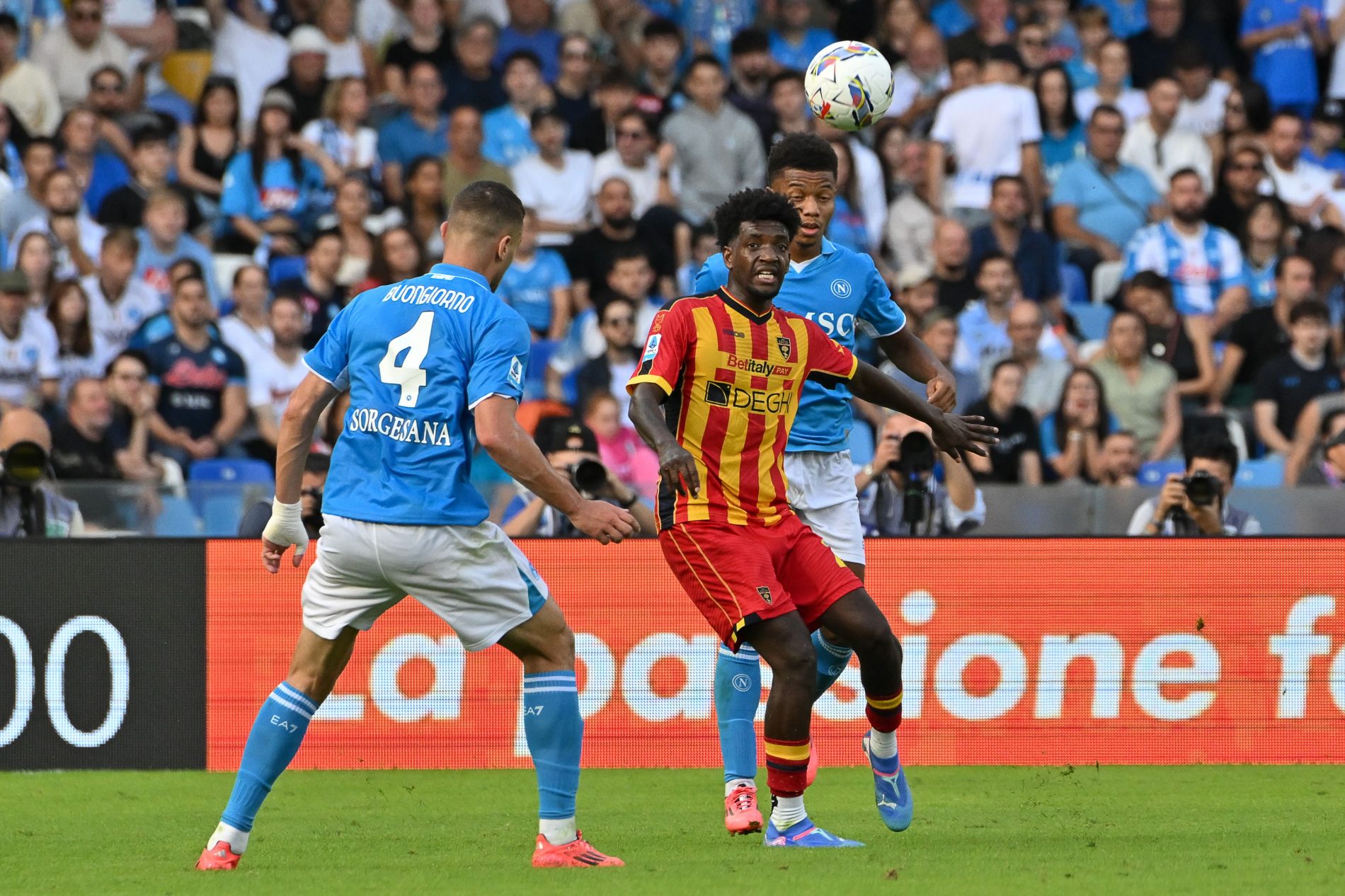Winning in modern football is never guaranteed, and factors such as physical and mental fatigue can have a greater impact than in the past.
Winning in modern football is never guaranteed, and factors such as physical and mental fatigue can have a greater impact than in the past.
In modern football, and Serie A is no exception, maintaining momentum after a breakthrough—whether it’s a key victory in a marquee match or lifting a trophy—is always challenging. This difficulty stems from a natural sense of satisfaction that drains physical and mental energy, compounded by heightened awareness from opponents, who know they are facing an in-form rival and therefore raise their level of focus. This doesn’t mean it’s impossible to win again after a triumph: football history is full of teams that managed to establish long-term dominance or significant winning streaks over a medium-term period. It’s simply difficult, and certainly not for everyone.
It’s no coincidence that Ranieri, immediately after his Roma defeated Lazio in the derby last Sunday, emphasized the importance of securing a win in Bologna to follow up on that achievement. Similarly, Conceição, after his Supercoppa victory against Inter, stressed the importance of winning in the league to begin climbing the standings.
Ranieri and Conceição, each with their own experiences and insights, are both football men—grounded in the realities of the game—and tried to prevent what ultimately proved inevitable for their incomplete and unfinished squads: a drop in intensity after the breakthrough.
Milan played a dreadful game against Cagliari, squandering a rather fortuitous lead that came from a goalkeeping error by Maignan. Roma, for its part, failed to capitalize on an almost identical mistake by ex-teammate Skorupski, which briefly handed them the lead early in the second half. In the end, they had to fight tooth and nail to salvage a draw in the dying moments after being overturned by Bologna.
In both cases, Milan and Roma showed lapses in focus and concentration that cost them the chance to secure three precious points. Whether these lapses were partly due to the euphoria of their respective derby wins (and for Milan, also the Supercoppa victory) is a plausible hypothesis but not demonstrable. Nonetheless, it remains a valid point of discussion.
Another issue is fatigue, which, in a football landscape burdened by countless fixtures across far-flung locations, can become a critical factor. Last weekend, four Italian teams—arguably the best Serie A has to offer at present, Napoli aside—competed in the Supercoppa in Riyadh: Milan, Inter, Atalanta, and Juventus. Of these four, only Inter managed to win in the subsequent league matches, and even they struggled more than expected against a determined Venezia side.
Here, too, we can only speculate: recovering from fatigue, especially when travel to another continent is involved (albeit a neighboring one), is no small feat. A five-hour flight and two-hour time difference may seem trivial compared to intercontinental travel (which footballers are accustomed to), but it could still have been a factor.
What is indisputable is that victory in modern football is never a given. Success must always be earned and fought for, over and over again.





